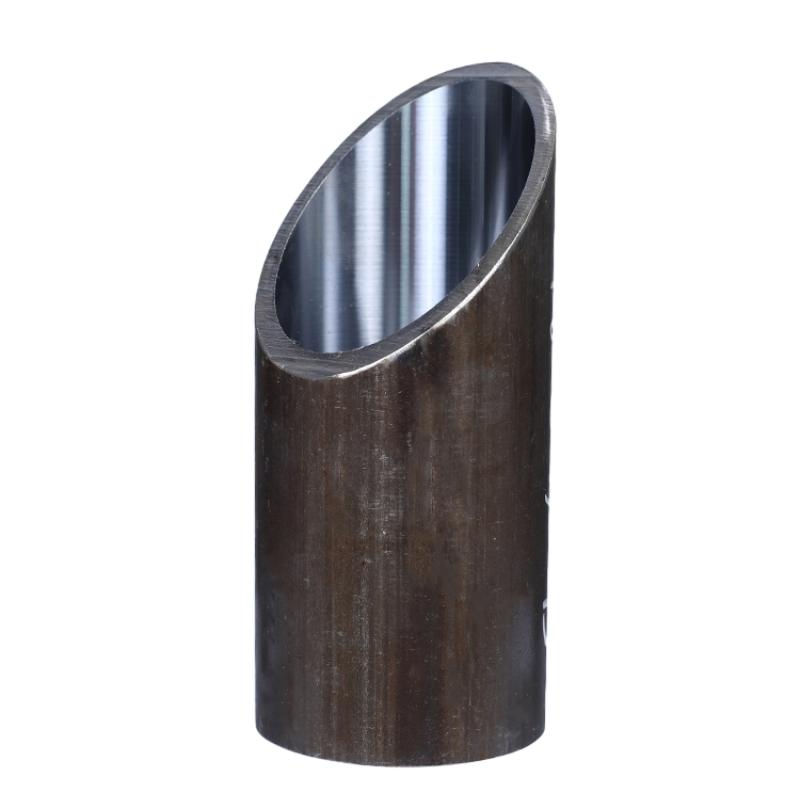
The Importance of Mechanical Parts in Modern Engineering
Mechanical parts form the backbone of countless machines and systems that drive our modern world. From the simplest tools to the most complex machinery, these components play critical roles in the functionality, efficiency, and reliability of various applications in industries ranging from automotive to aerospace and manufacturing.
At the core of mechanical engineering lies the design and assembly of parts that fit together to perform specific tasks. Mechanical parts can be categorized into two primary groups standard and custom components. Standard parts, such as nuts, bolts, and gears, are mass-produced and widely available, allowing for easy replacement and maintenance. Custom parts, on the other hand, are designed for specialized applications, tailored to the unique requirements of a particular project.
One of the most significant advancements in modern manufacturing is the growing reliance on Computer-Aided Design (CAD) and Computer-Aided Manufacturing (CAM). These technologies enable engineers to design mechanical parts with precision, optimizing their performance while reducing waste. With 3D modeling software, engineers can visualize how parts interact within an assembly, facilitating better decision-making and more innovative solutions.
In the automotive industry, mechanical parts are essential for the function of entire systems. Engines, transmissions, brakes, and suspension components all rely on a myriad of mechanical parts working in harmony. The quest for efficiency and sustainability has driven the industry to innovate continuously. Lightweight materials, such as high-strength steel and aluminum alloys, along with advanced manufacturing processes such as additive manufacturing (3D printing), allow for the creation of components that are not only lighter but also stronger and more durable.

In the realm of consumer electronics, mechanical parts, though often hidden within sleek casings, are just as crucial. From the intricate gears within a watch to the drive mechanisms in a hard disk drive, these components ensure that devices function smoothly and reliably. As technology evolves, the demand for smaller, more efficient parts grows. This has led to the development of micro-mechanical systems (MEMS), which integrate mechanical elements on a microscopic scale, enabling innovations such as accelerometers and gyroscopes used in smartphones.
Aerospace engineering is another domain where mechanical parts play a pivotal role. Aircraft rely on thousands of precisely engineered components, including turbines, fuselage sections, and landing gear. The stringent safety and performance standards in this industry necessitate rigorous testing and quality assurance protocols. Advanced materials such as composites and titanium alloys contribute to the overall safety and performance of aircraft, pushing the boundaries of what is possible in flight.
Despite the critical nature of mechanical parts, they are often overlooked in favor of more glamorous aspects of technology, such as software and electronics. However, the reliability of any mechanical system is intrinsically linked to the quality and precision of its components. Engineers must therefore prioritize the selection and manufacturing processes, ensuring that each part meets the highest standards.
In conclusion, mechanical parts are indispensable to the functionality of modern machines and systems. They are essential threads woven into the fabric of diverse industries, driving innovation and efficiency. As technology continues to evolve, the importance of high-quality, precisely engineered mechanical components will only grow. For engineers and manufacturers, mastering the art and science of mechanical part design, production, and assembly is key to shaping the future of our world. Whether in automobiles, aerospace, or everyday electronics, the significance of mechanical parts cannot be overstated—they are, quite simply, the heartbeat of our technological civilization.